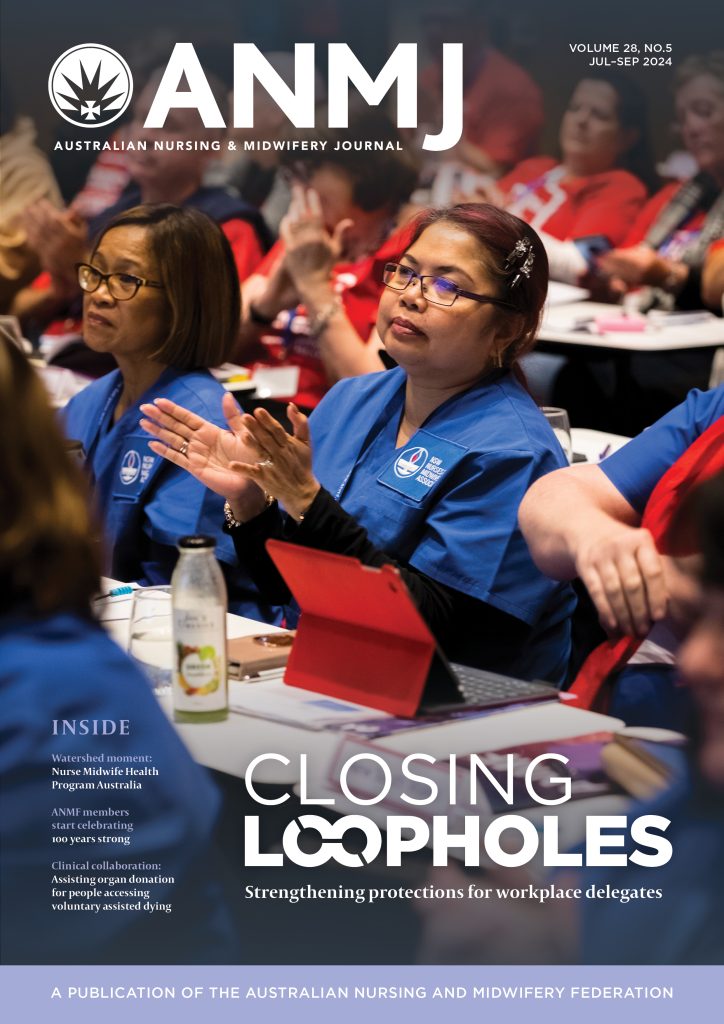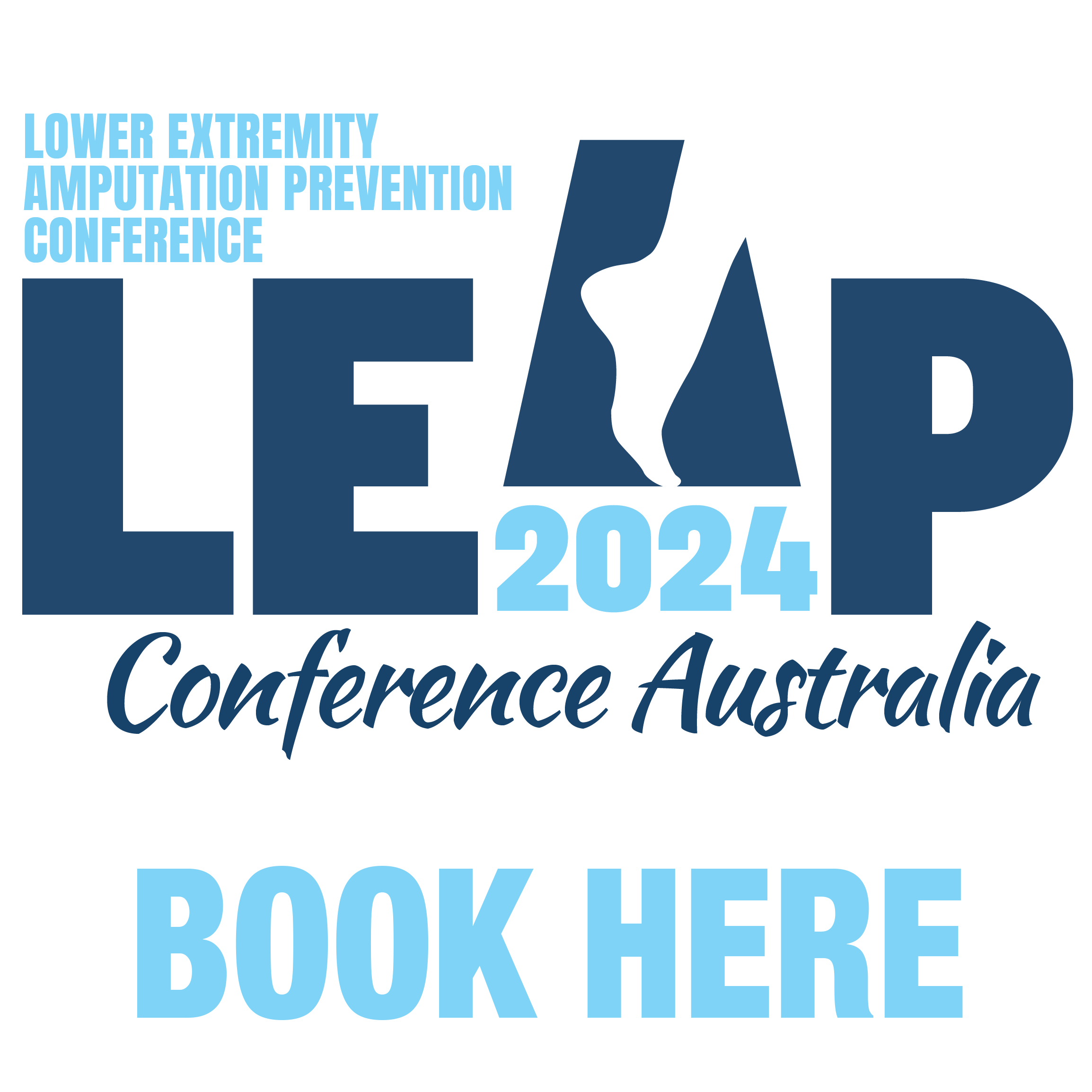The COVID-19 pandemic together with other global pressures that have been placed on the world’s healthcare systems have converged to highlight the prediction –and now reality– of a catastrophic shortage of nurses.
As the world grapples with how to remedy the erosion of the nursing workforce and build its sustainable future, leaders have been giving prioritised attention to the issues of how best to retain nurses educated domestically and how best to attract future candidates into the profession in both the short and long term. Their attempts are (and will continue to be) fraught, however, as demand exceeds supply in the present, and the education and retention of future generations of nurses takes time.
In an attempt to overcome this problem, high-income countries have engaged in the ethically questionable practice of seeking to augment their nursing workforce by ‘increasing their reliance on international nursing recruitment’.1(p4) This practice is ethically questionable because it stands perilously close to ‘poaching’ nurses from countries who can least afford to lose their existing establishments of equivalent full-time nursing staff.
In a recent article calling for ‘less talk and more action’, Ferguson and colleagues2(p187) correctly argue that ‘every country needs to hit the reset button and each of us need to do our part’. They go on to argue that what is particularly needed is a ‘broad coalition’ of whoever (eg. from a range of sectors including health, education, security, environmental, agricultural) and whatever it takes to bring about change, otherwise things will go backwards.2(p187)
The conundrum surrounding the global nursing shortage is not new. Neither are the well documented strategies for addressing it: enhancing workforce retention, improving recruitment, encouraging and enabling a return to practice and, where ethical, international recruitment.3 One strategy that has yet to be recognised and explored, however, is civic engagement – a strategy exemplified by the political manoeuvrings of Florence Nightingale and her legendary influence on reforming the quality and safety of healthcare in the 19th and 20th centuries.
Civic engagement may be defined as ‘the ways in which citizens participate in the life of a community in order to improve conditions for others or to help the community’s future’.4(p236) In the protracted aftermath of COVID-19, citizens are being granted a unique opportunity to reflect on and consider what they want and can reasonably expect of nurses and a nursing workforce, and what sacrifices they are prepared to make in order to ensure that when the situation arises, the nursing services they want, need and expect will be available.
Nursing by its very nature is of high value. Nursing matters. Nurses matter.
Nurses matter because the work they do is significant. Their work is significant because it makes the lives of others significant – it gives value to the lives of others by treating them as being worthy of attention and care.
During the COVID-19 pandemic, nurses repeatedly went above and beyond the call of duty. Now it is time for the world’s leaders and health authorities to likewise go above and beyond, and to fully engage in the conscientious action that is so desperately needed to redress the status quo.
The full version of this extract is available in issue 39(4) of the Australian Journal of Advanced Nursing.
Johnston M-J. Nursing shortages and the ‘Tragedy of the Commons’: the demand for a morally just global response. Aust J Adv Nurs. 39(4):1-3. Available from: https://doi.org/10.37464/2020.394.1024









